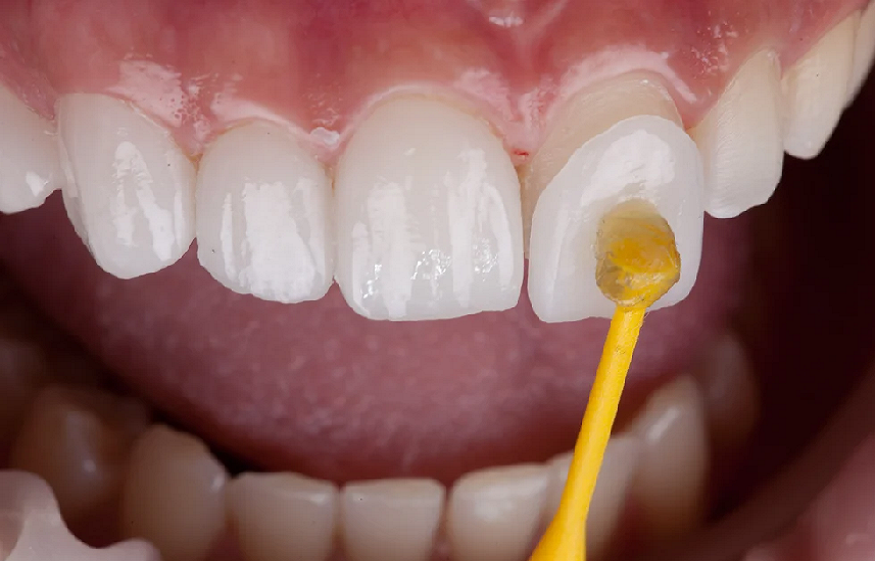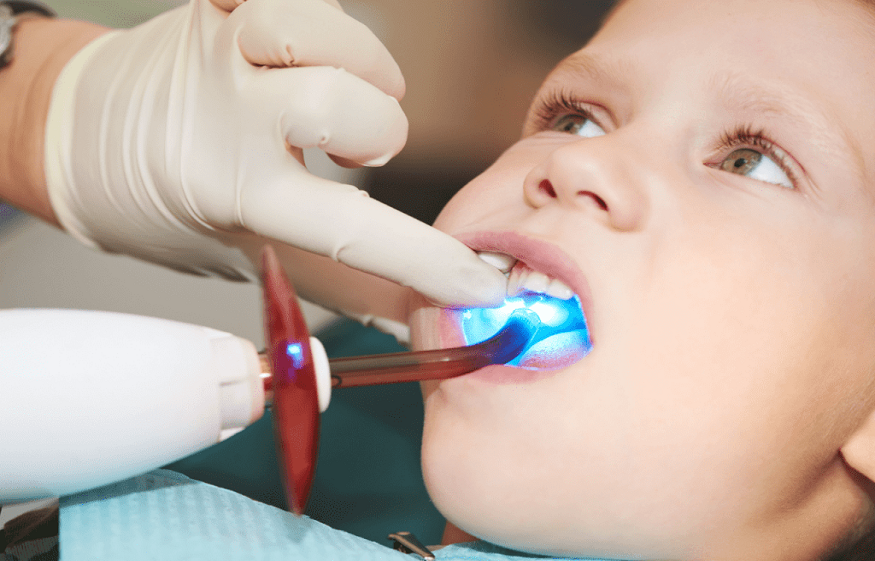Managing diabetes involves more than just medication and diet. General dentists play a crucial role in this process. They help monitor oral health, which is directly linked to diabetes management. Regular dental visits can help prevent this. Dentists can also spot early signs of diabetes. This makes them a key part of a care team. In areas like the NY Metro, sleep patterns—often discussed as ny metro sleep—can affect oral health, too. By understanding these connections, general dentists help manage diabetes more effectively.
Oral Health and Diabetes Connection
Poor oral health can make diabetes harder to control, while diabetes can worsen oral health issues. The most common oral health complications linked with diabetes include gum disease, thrush, and dry mouth. Gum disease is the most concerning, as it can lead to tooth loss if untreated. Routine care by a dentist can reduce these risks and improve overall health.
Why Dental Visits Matter
Regular dental visits help detect potential problems early. Dentists look for signs like swollen or bleeding gums, which might indicate high blood sugar levels. This preventive approach helps manage diabetes more effectively.
Services Dentists Provide to Diabetic Patients
General dentists offer various services that support diabetes management:
- Regular Cleaning and Check-ups: These help maintain oral health and prevent serious issues.
- Education on Oral Hygiene: Dentists advise on the best practices for maintaining dental health.
- Monitoring for Complications: Dentists can spot early signs of gum disease and other oral conditions.
Diabetes and Oral Health: A Look at the Numbers
Let’s take a closer look at how diabetes impacts oral health using some data:
| Condition | Prevalence in Diabetic Patients |
| Gum Disease | 22% more common |
| Thrush | 15% more common |
| Dry Mouth | 30% more likely |
Building a Care Team
Managing diabetes effectively requires a team approach. This team includes doctors, dietitians, and dentists. Each member provides unique insights and care. Dentists offer perspectives on how oral health affects diabetes—and vice versa. Regular communication among team members ensures comprehensive care.
Practical Tips for Diabetic Patients
There are practical steps that patients with diabetes can take to maintain oral health:
- Brush and floss regularly to prevent plaque build-up.
- Inform the dentist about diabetes to customize care.
Adopting these habits can lead to significant improvements in oral health and diabetes management.
The Role of Sleep Patterns
Sleep patterns also play a role in oral health and diabetes. In bustling areas like NY Metro, sleep—often disrupted—can affect oral health. Poor sleep can increase stress and blood sugar levels, worsening oral health issues. More information on sleep’s impact can be found at the CDC Sleep and Sleep Disorders page.
Conclusion
General dentists are vital in managing diabetes. They help maintain oral health, which in turn supports overall health. By understanding the links between oral health, diabetes, and sleep, dentists contribute to a comprehensive care strategy. Regular visits to the dentist, combined with proper oral hygiene and a balanced lifestyle, can significantly improve diabetes management and enhance quality of life. For more information on diabetes care, visit the American Diabetes Association.




